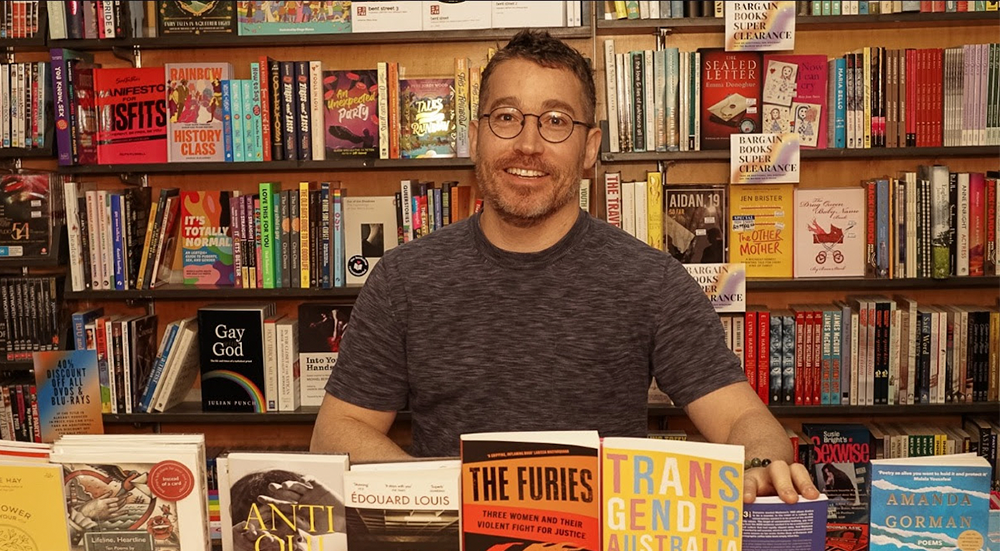
Growing demand to end HIV crime laws
The heads of 12 health research centres and agencies have called for the end to laws that unfairly criminalise HIV-positive people.
HIV is a virus, not a crime, the signatories to the joint statement claimed, echoing recent calls at international AIDS conferences for a renewed human rights approach.
Criminalisation is not and has never been an effective public health response to HIV prevention. It does not reduce HIV transmission -” and the resulting stigma and discrimination increase barriers to effective health promotion.
UNSW professor of sexual health Basil Donovan, Australasian Chapter of Sexual Health Medicine for the Royal Australasian College of Physicians president Darren Russell, National Centre in HIV Social Research director John de Wit, and La Trobe’s Australian Research Centre in Sex, Health and Society director professor Marian Pitts were among the signatories.
Australia’s AIDS councils and sex worker lobby were also included.
The HIV experts accused some state laws of undermining public health programs to encourage condoms and shared responsibility as well as testing.
The signed joint statement also called on governments and health services to implement new national guidelines that were recently endorsed by the nation’s health ministers.
The guidelines were developed by NT Health Department secretary Robert Griew following the criminal cases where defendants had moved states while under health agency supervision.
The signatories argued the guidelines offered a comprehensive process for responding to rare cases where an individual is placed at risk of HIV, with legal action as a last resort.
The criminalisation of HIV was a major topic at the recent International AIDS Conference in Mexico City, where South African Supreme Court judge Edwin Cameron said such laws were punitive and angry.
Cameron, who is also HIV-positive, said there was a need, more than ever, for a human rights approach to dealing with HIV transmission and prevention.
Criminalisation assumes the worst about people with HIV. And in doing so, it punishes their vulnerability, Cameron said.










I can’t believe this isn’t covered under human rights.
This is a most important issue. The fear of criminalisation is driving unsafe practices underground at at rapid rate and, as a result, increased numbers of gay men do not want to present for testing. Laws framed around questionable concepts of behaviour open dangerous opportunities for misuse and corruption. The recent trial of Michael Neal (appalling now imprisoned prior to sentencing for three years) was ‘political’, aimed at punishing him for confronting zealous uninformed authorities.